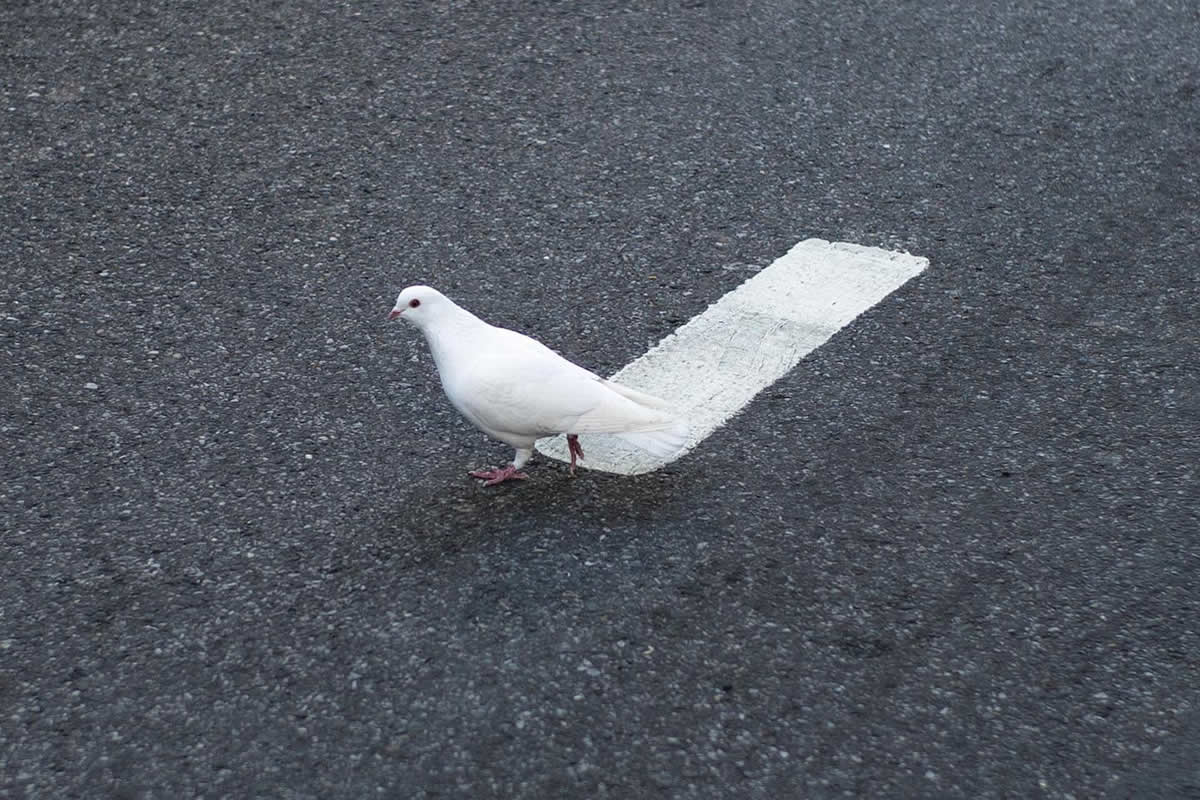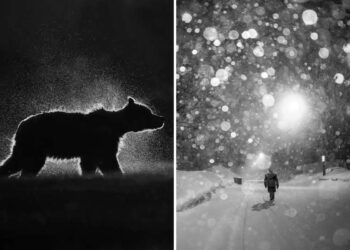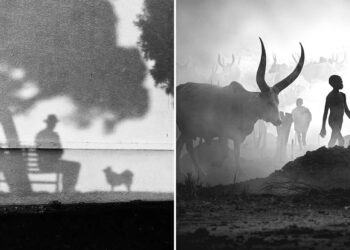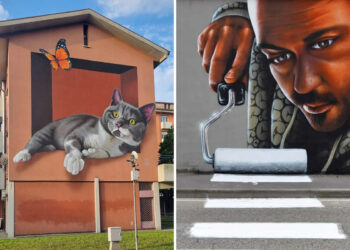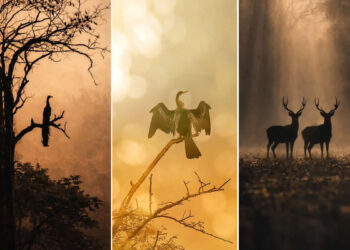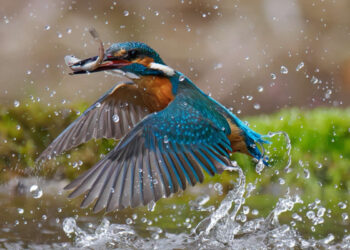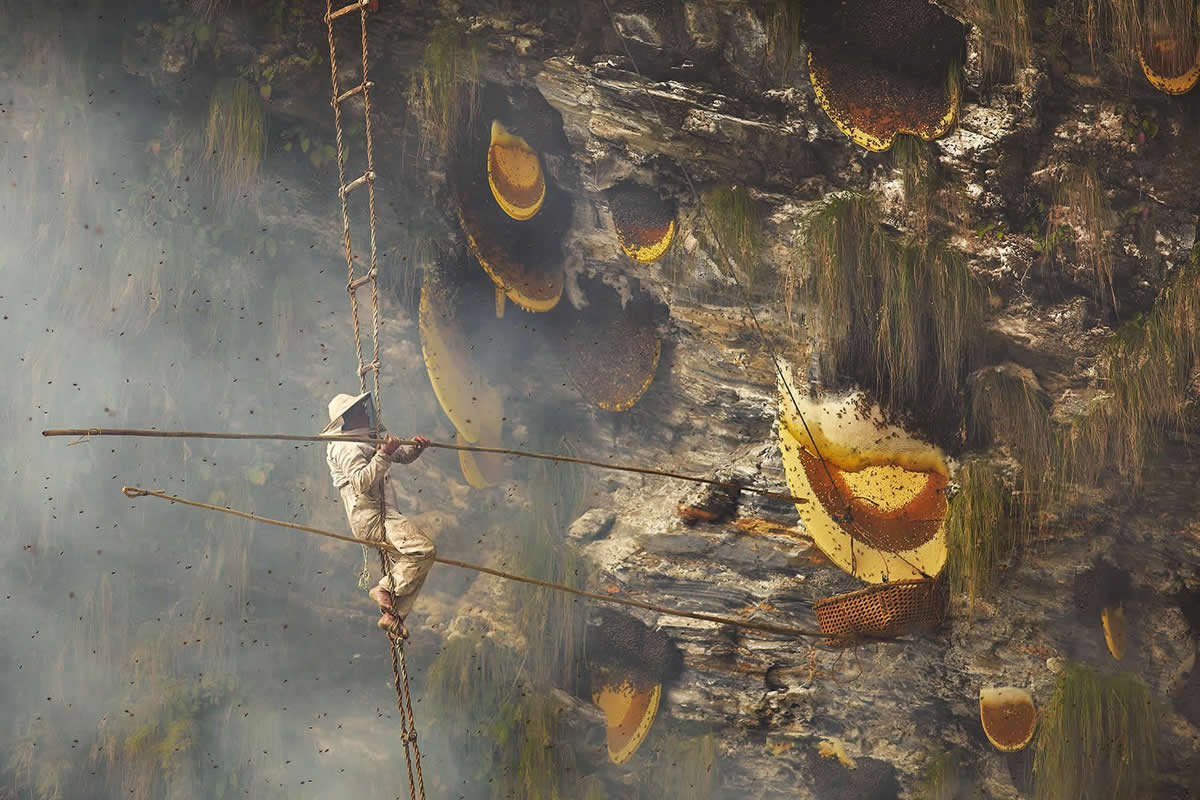Street photography is an art that thrives on spontaneity, but great composition and clever framing can transform ordinary moments into striking visual narratives. "33 Brilliant Street Photographs with Clever Framing and Strong Composition" showcases stunning examples where photographers have masterfully used techniques like the rule of thirds, leading lines, symmetry, layering, and contrast to create compelling images.
These photographs capture the raw energy of city life, blending light, shadow, and movement to tell captivating stories. Whether through dynamic perspectives, creative use of negative space, or framing within urban elements, each image demonstrates the power of composition in making street photography not just observational, but deeply artistic and impactful.
Scroll down and enjoy yourself. All photos are linked and lead to the sources from which they were taken. Please feel free to explore further works of these photographers on their collections or their personal sites.
#1
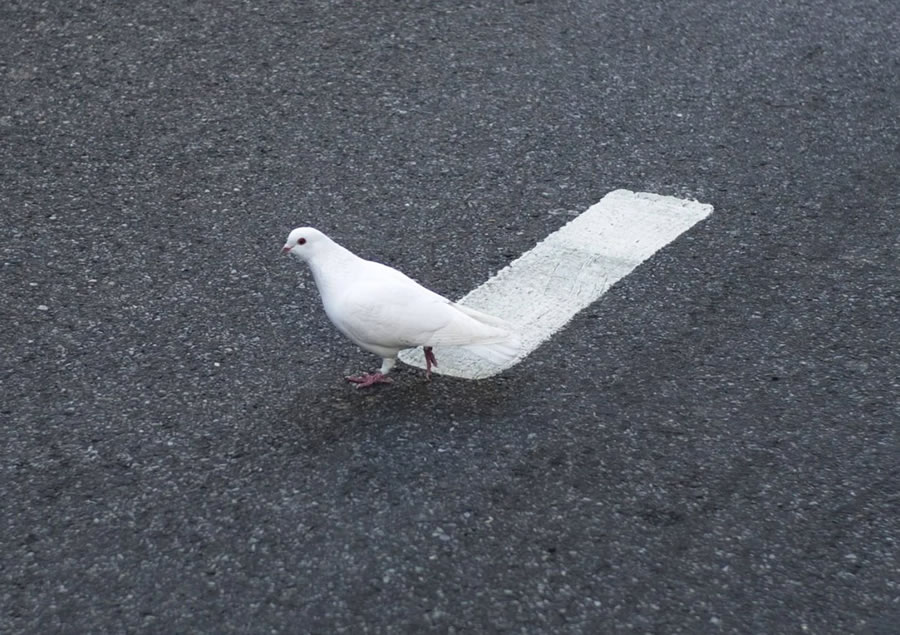
Photo by: Eric Kogan
#2
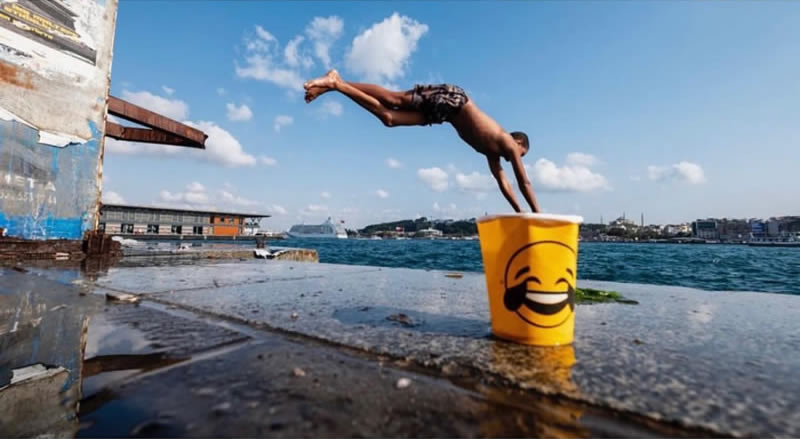
Photo by: Serkan Tekin
#3
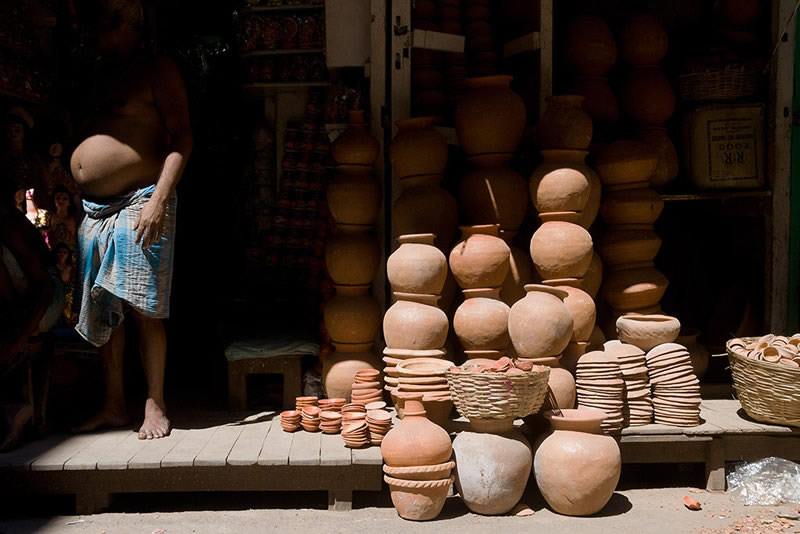
Photo by: Soumyendra Saha
The Rule of Thirds: A Classic Foundation
- Divide the frame into a 3×3 grid and place key subjects along the lines or intersections.
- Avoid centering subjects unless intentional for balance or impact.
- Use the rule of thirds to guide the viewer’s eye through the scene.
- Experiment by placing elements off-center to create tension and dynamism.
- Break the rule strategically to create unexpected compositions.
#4
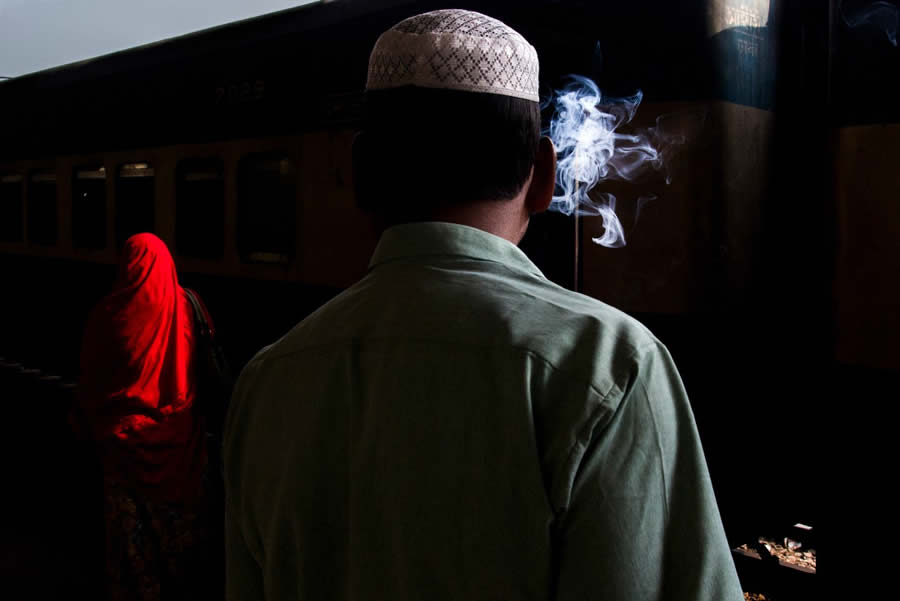
Photo by: Md Enamul Kabir
#5
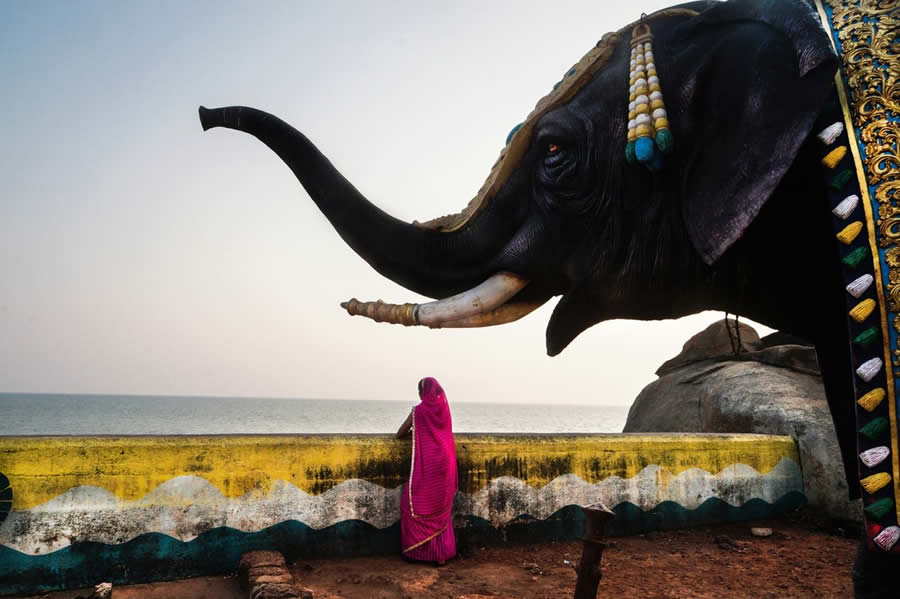
Photo by: Md Enamul Kabir
#6
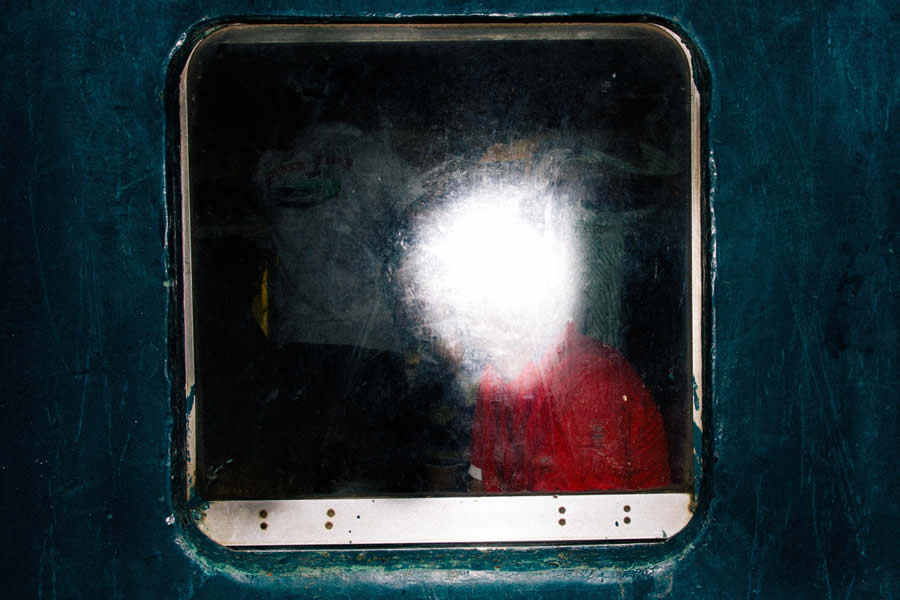
Photo by: Md Enamul Kabir
Leading Lines for Depth and Direction
- Use roads, fences, or architectural features to guide the viewer’s eye.
- Position leading lines to naturally direct attention to your subject.
- Look for converging lines to add depth and perspective.
- Use diagonal lines for a sense of movement and energy.
- Experiment with curved lines to create a more fluid composition.
#7
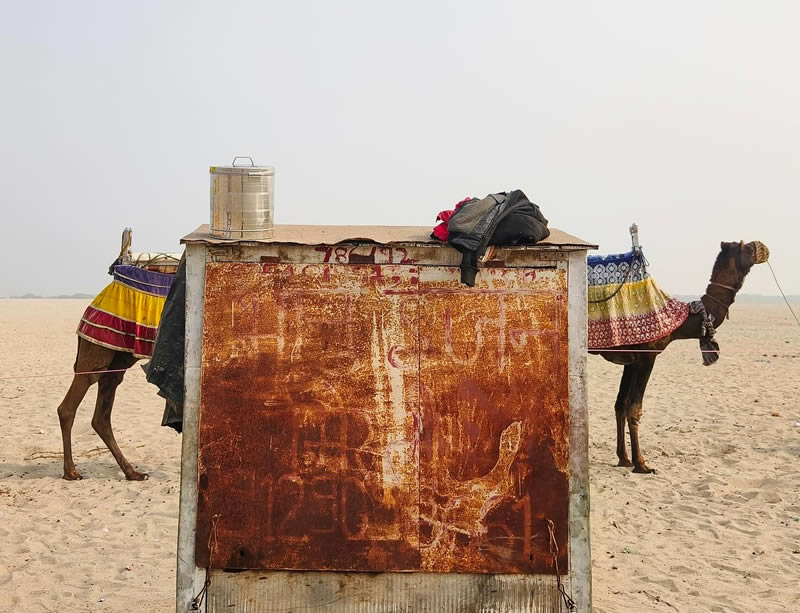
Photo by: Vineet Vohra
#8
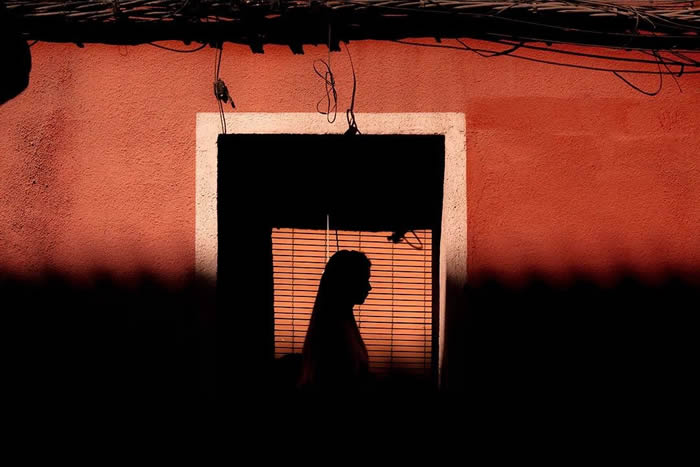
Photo by: Joaquín Pastor Genzor
#9
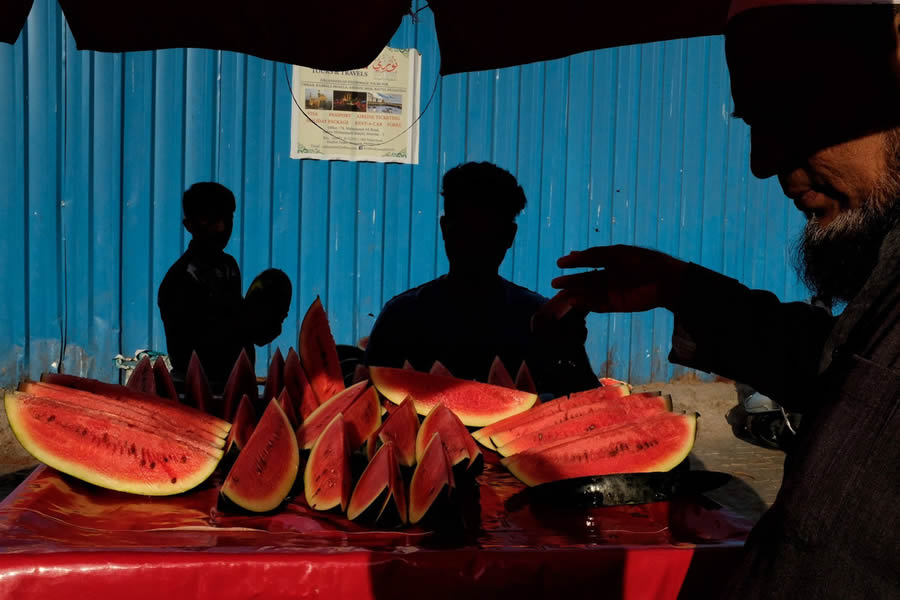
Photo by: Suresh Naganathan
Framing with Natural and Urban Elements
- Frame subjects using windows, doorways, or archways for depth.
- Use tree branches, railings, or shadows to enclose your subject.
- Look for reflections in puddles, mirrors, or glass for creative framing.
- Capture silhouettes framed by bright backgrounds for striking contrasts.
- Experiment with out-of-focus foreground elements to create depth.
#10

Photo by: Subrata Dey
#11
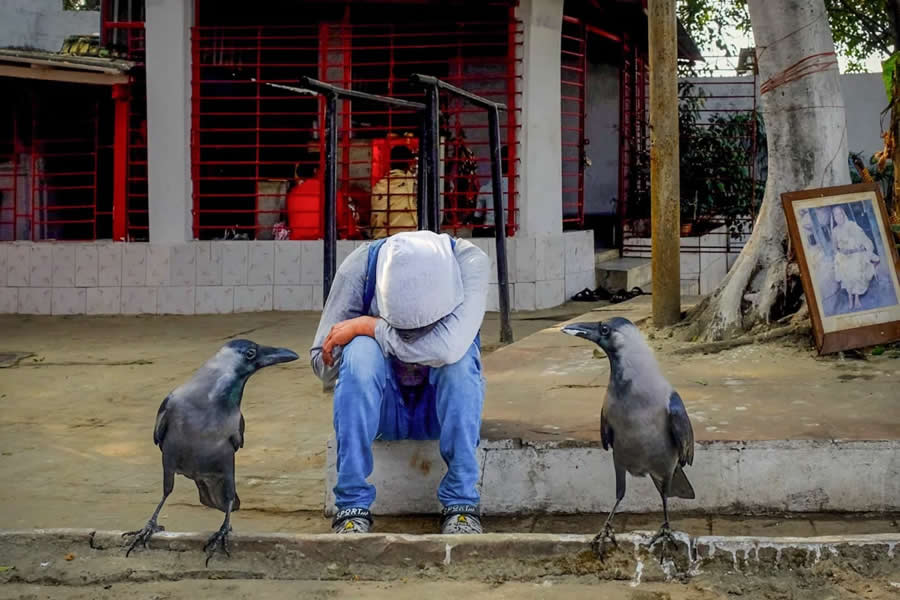
Photo by: Subrata Dey
#12
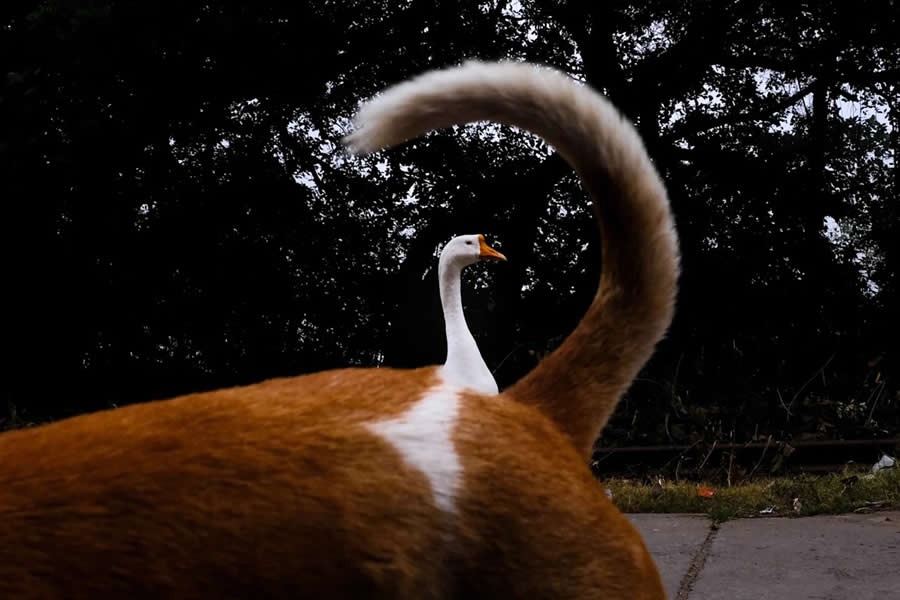
Photo by: Subrata Dey
The Power of Negative Space
- Allow empty spaces to emphasize the main subject.
- Use minimalistic backgrounds to reduce distractions.
- Create mood and emotion by isolating subjects in large, open areas.
- Play with contrast by placing a small subject in a vast setting.
- Let negative space balance the composition for a clean, artistic look.
#13
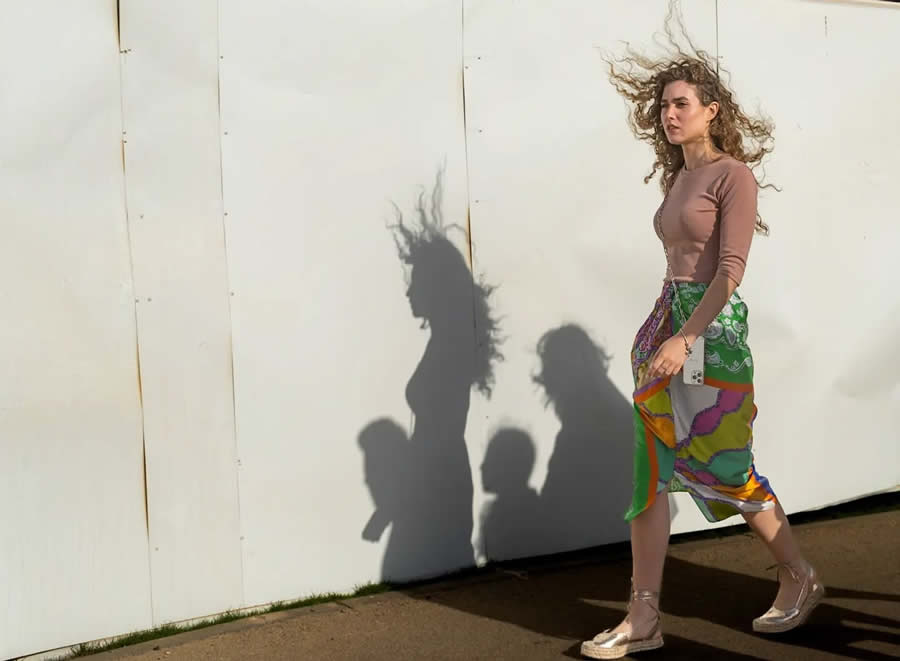
Photo by: Sharon Eilon
#14
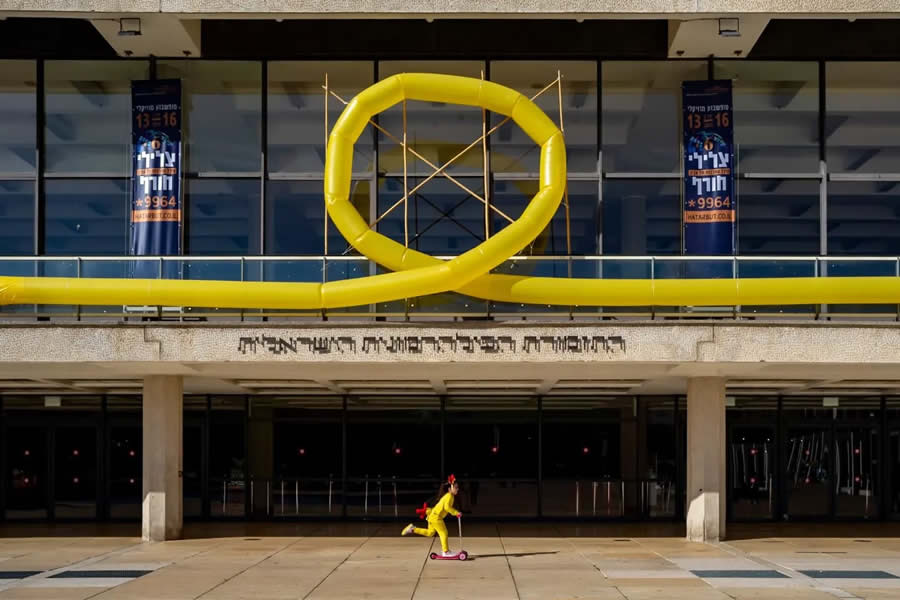
Photo by: Sharon Eilon
#15

Photo by: Sharon Eilon
Layering for Dynamic Storytelling
- Include foreground, midground, and background elements for depth.
- Use overlapping subjects to create a sense of interaction and realism.
- Capture multiple layers of activity in busy urban environments.
- Frame subjects between objects to add visual complexity.
- Utilize different focus planes to emphasize the main subject.
#16
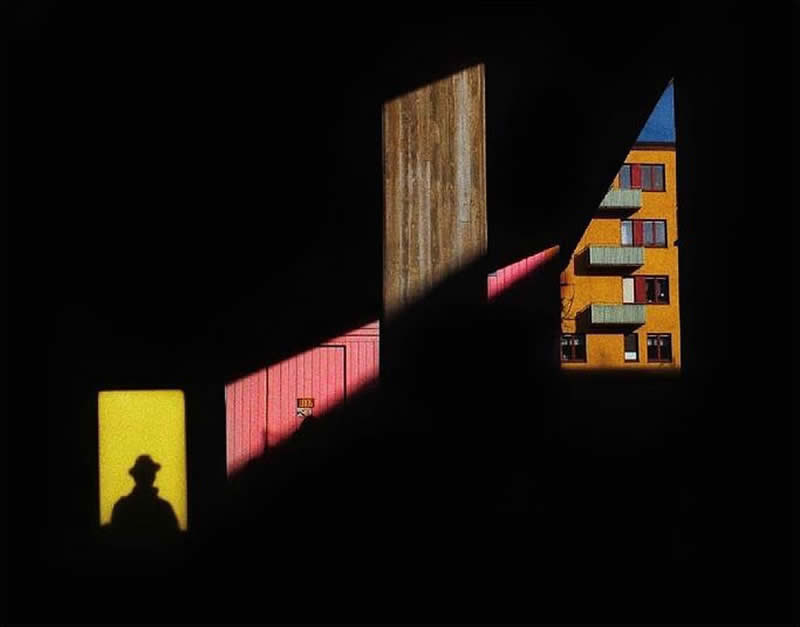
Photo by: @moller_joakim
#17
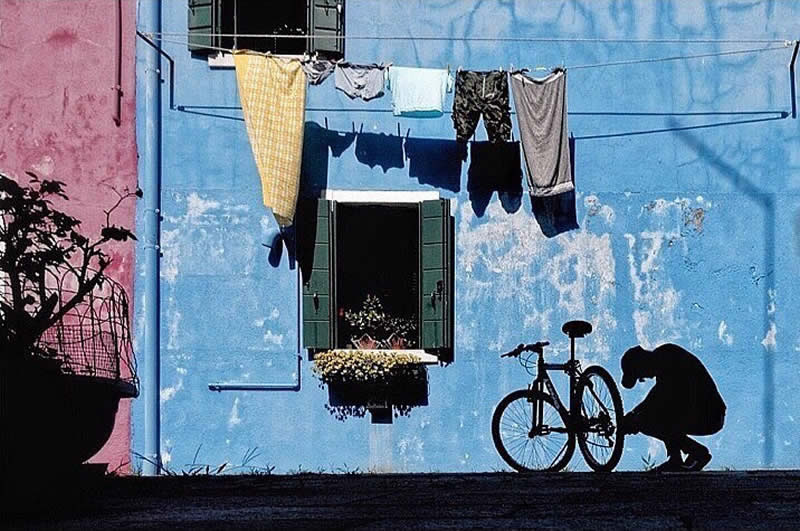
Photo by: @kromirko
#18

Photo by: @bryanfpeterson
Juxtaposition and Contrast for Visual Impact
- Capture contrasting elements, such as old vs. new architecture.
- Look for cultural or social contrasts within a single frame.
- Use strong light and shadow contrasts for dramatic effects.
- Position subjects of different sizes or expressions for storytelling.
- Play with color contrasts to make elements stand out.
#19
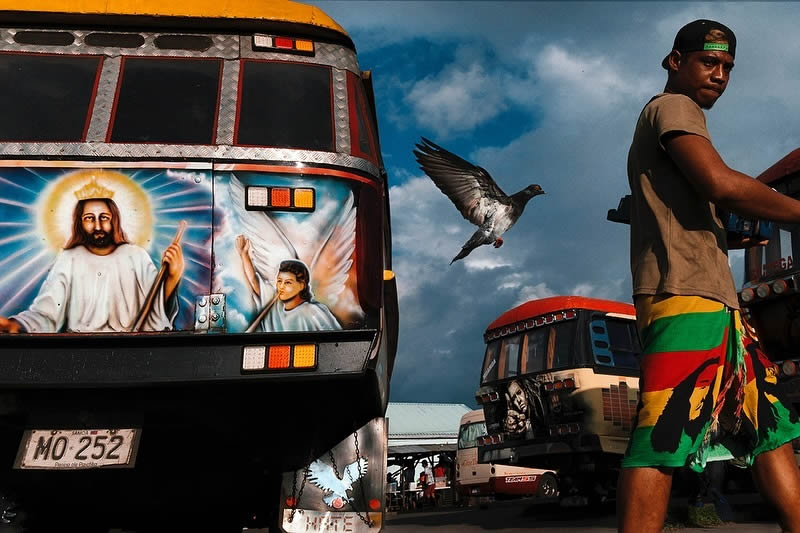
Photo by: Lorenzo Catena
#20

Photo by: Lorenzo Catena
#21
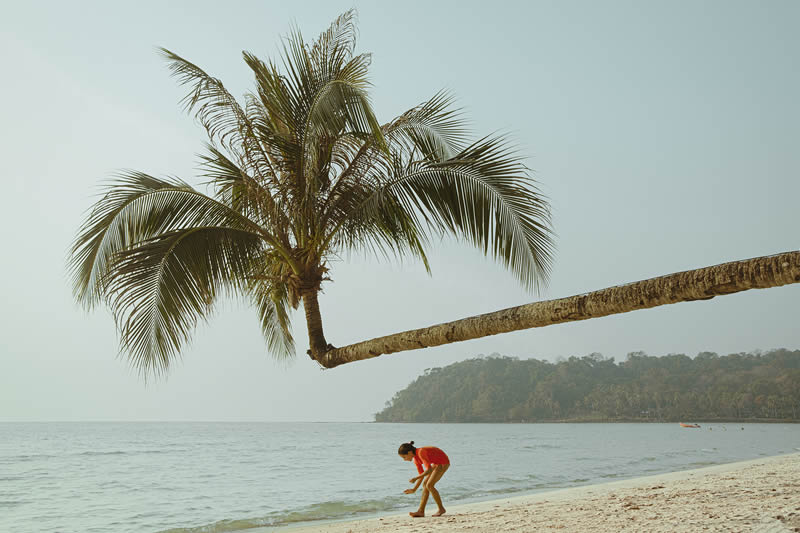
Photo by: Lorenzo Catena
Symmetry and Patterns for Balanced Compositions
- Identify symmetrical scenes in architecture, streets, and reflections.
- Use symmetry for a structured and aesthetically pleasing composition.
- Capture repetitive patterns like tiles, windows, or crowds for rhythm.
- Break symmetry intentionally to add an unexpected twist.
- Use leading lines within symmetrical compositions for stronger impact.
#22
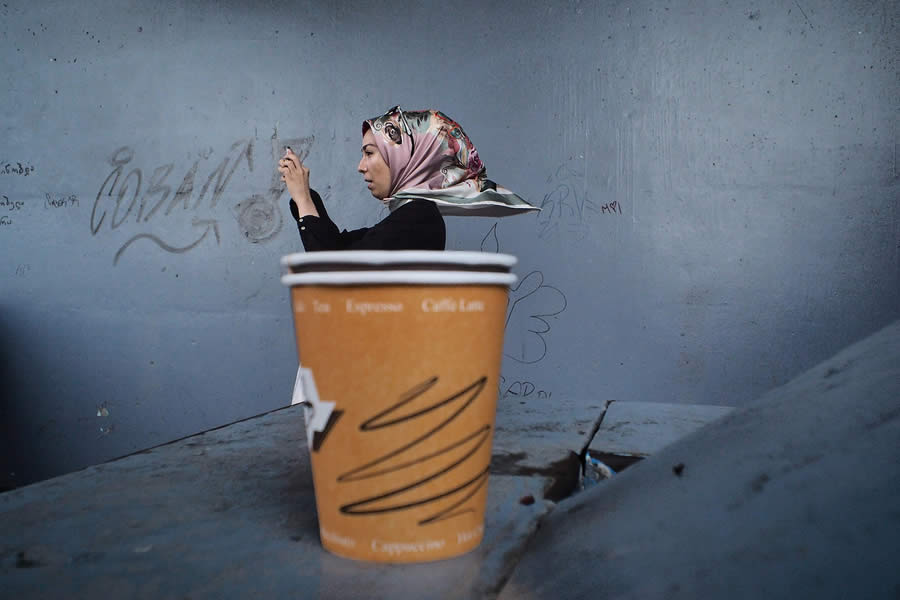
Photo by: Gökhan Arer
#23
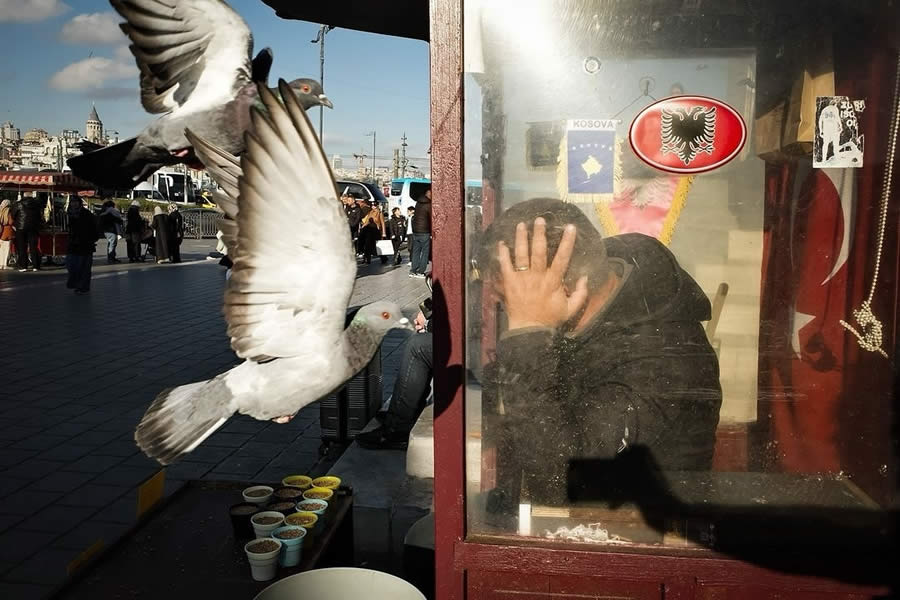
Photo by: Gökhan Arer
#24
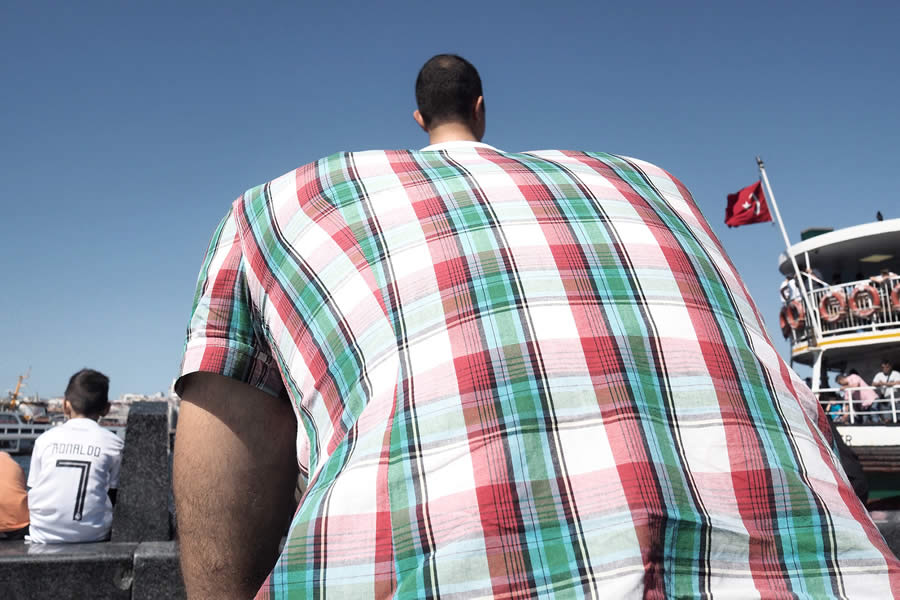
Photo by: Gökhan Arer
Perspective and Point of View for Unique Angles
- Shoot from a low angle for a dramatic, powerful effect.
- Try a high-angle shot to capture urban patterns and movement.
- Experiment with extreme close-ups to highlight textures and details.
- Use a wide-angle lens to exaggerate perspectives and depth.
- Change viewpoints frequently to discover fresh compositions.
#25
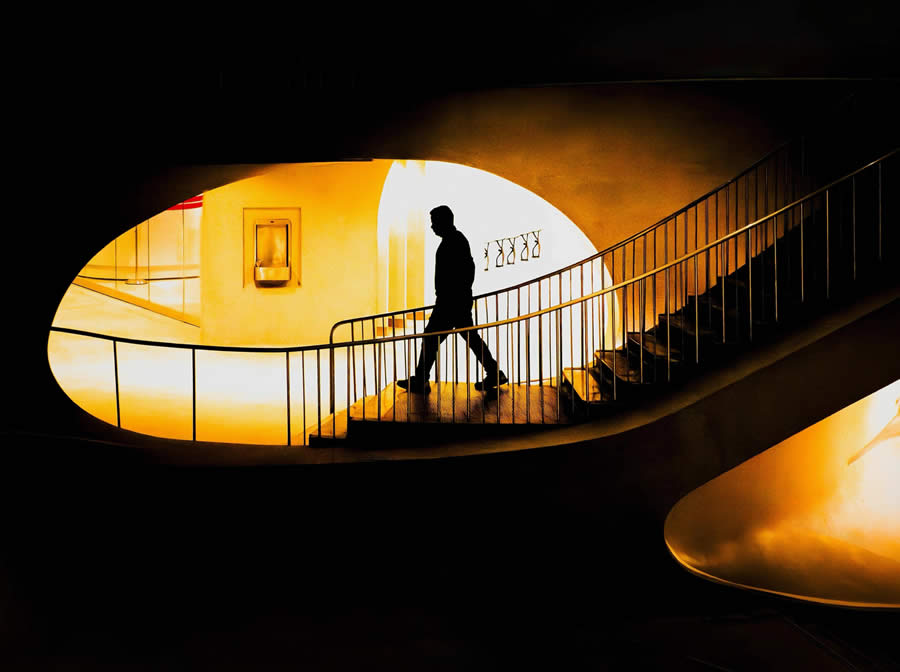
Photo by: Vicky Hsieh
#26
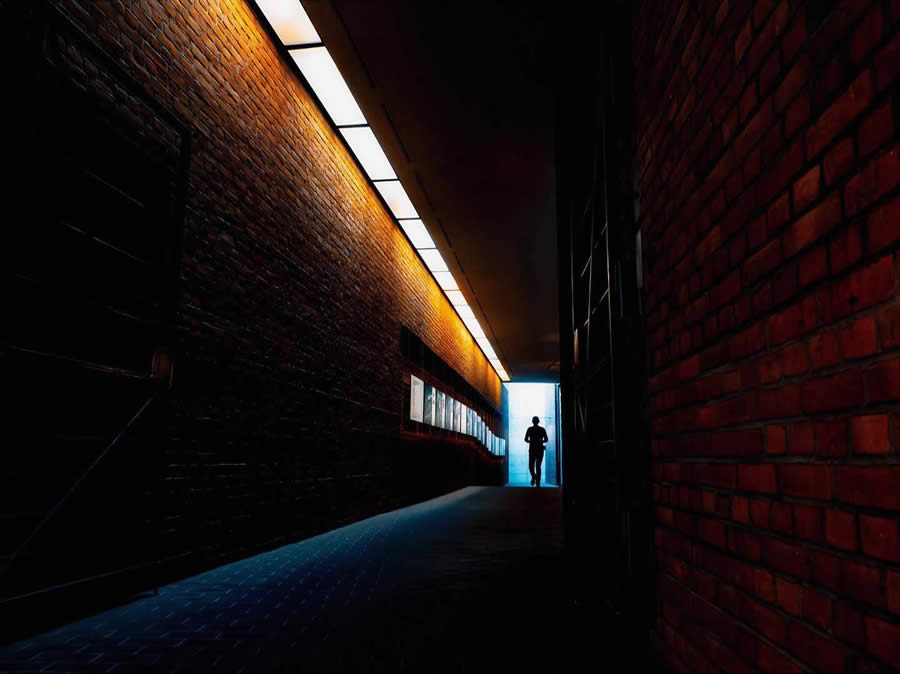
Photo by: Vicky Hsieh
#27
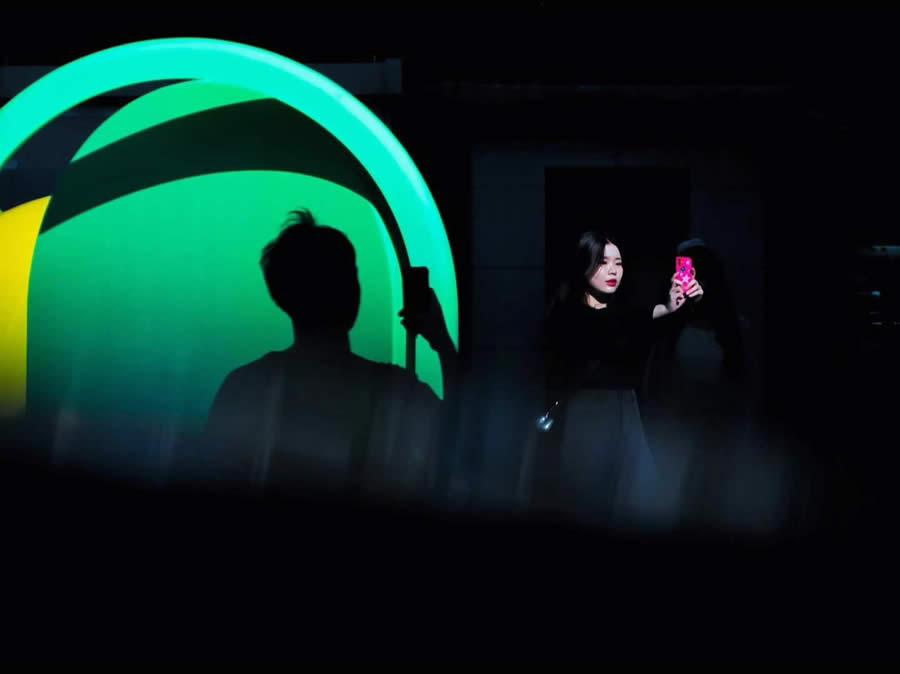
Photo by: Vicky Hsieh
Light and Shadow Play for Dramatic Effects
- Use strong directional light to create bold contrasts.
- Capture long shadows for interesting geometric compositions.
- Shoot during golden hour for warm, soft light and enhanced textures.
- Experiment with harsh midday light for striking black-and-white images.
- Incorporate silhouettes to add mystery and intrigue.
#28

Photo by: Andrés César
#29

Photo by: Andrés César
#30
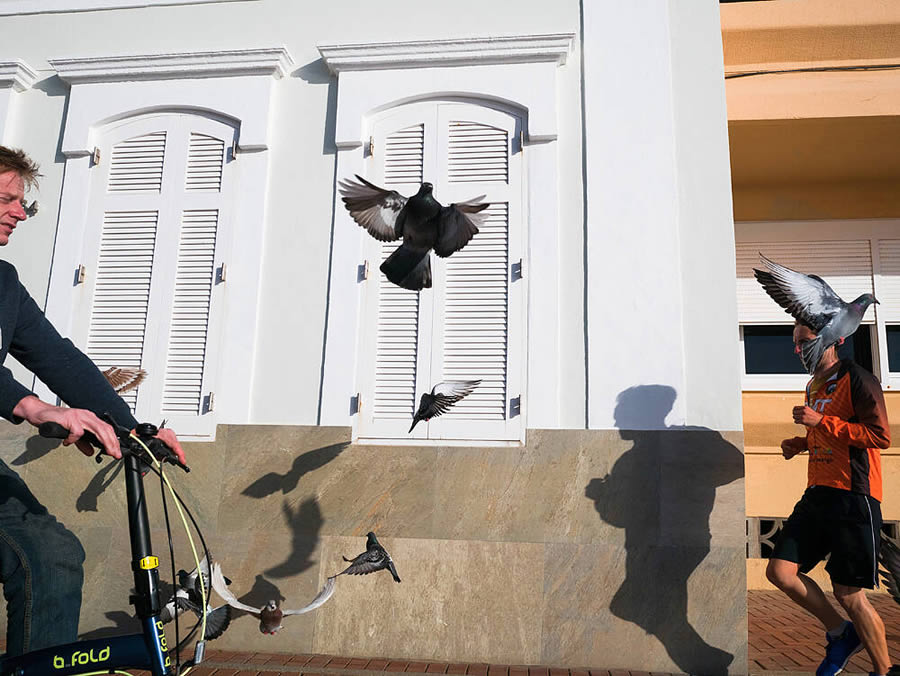
Photo by: Andrés César
Capturing Motion and Energy in Composition
- Use slow shutter speeds to create motion blur for dynamic shots.
- Capture still subjects against a moving background for contrast.
- Freeze fast-moving subjects to emphasize action.
- Utilize panning techniques to follow subjects and blur the background.
- Compose with moving elements like flowing traffic or walking crowds.
#31
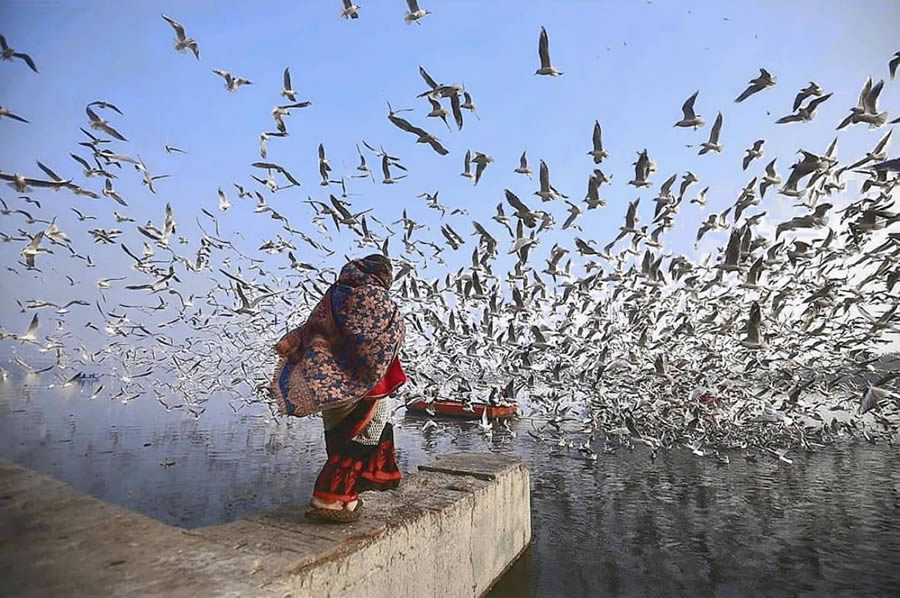
Photo by: Yucelcetin
#32

Photo by: Yucelcetin
#33

.Photo by: Yucelcetin
Final Thoughts
Mastering composition and framing in street photography takes practice, patience, and a keen eye. By incorporating these techniques into your work, you’ll create stronger, more impactful street photographs that not only capture moments but tell compelling stories. Keep experimenting, stay observant, and embrace the art of street photography!

